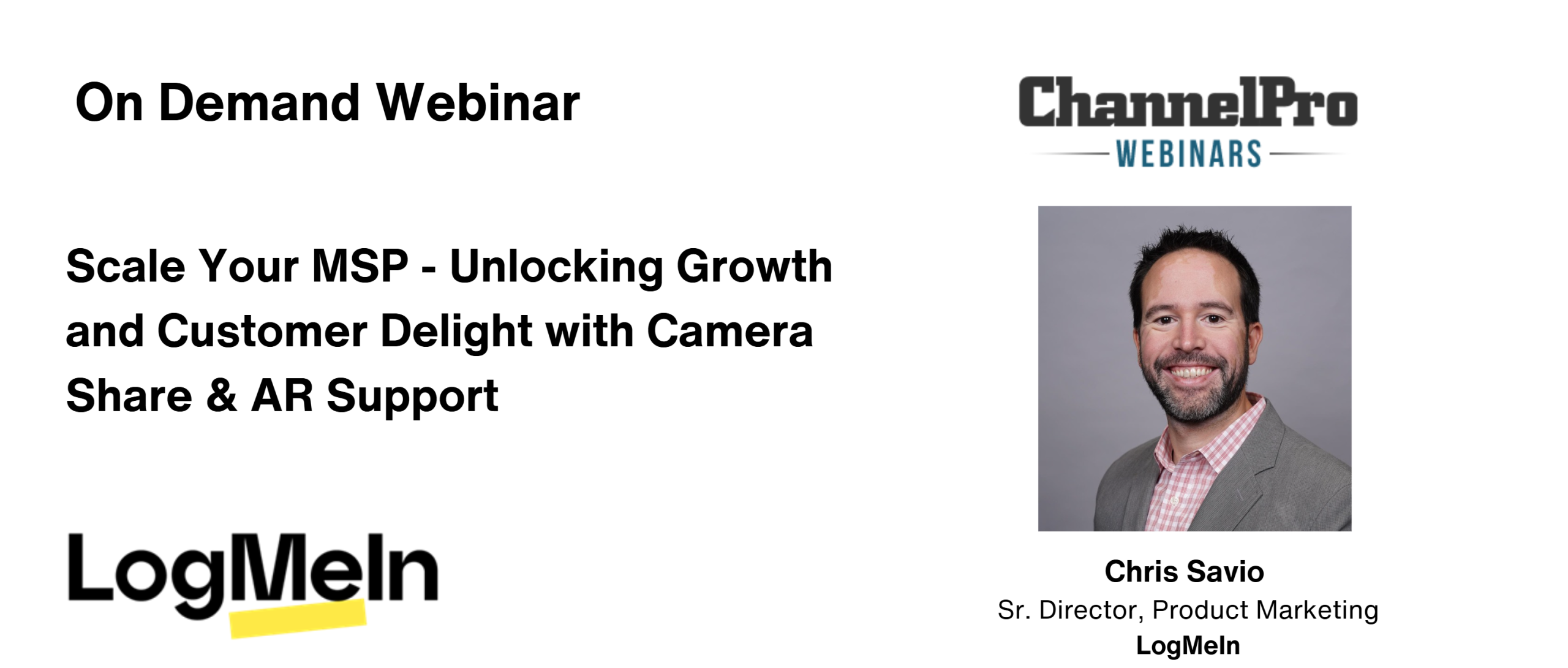Selling your IT service business can be one of the trickiest aspects of owning and operating your own company. For instance, some IT services owners dream of passing their business to future generations, or even to certain employees, keeping their vision alive within their personal family or work family.
But this isn’t always an option. Some families or employees just don’t get excited about taking ownership because of the stress they’ve watched you live under. After all, owning and running an IT business isn’t all roses and rainbows. It can be taxing, stressful, and downright exhausting.
Plus, IT services isn’t sexy. Most days it’s like running a CPA firm or insurance agency. (No offense to either of those professions!)
When a clear successor doesn’t exist, you face the difficult decision of deciding the best path for exiting. There are three types of buyers for your IT firm: Your employees, outside buyers, and strategic buyers. Each buyer has a certain profile and path.
Employees. Your employees can be an excellent choice to sell your business to, whether it is to one key employee, a small group, or all of them. They are the accumulation of your years of efforts in building your company. The price they can pay for the business may be lower than expected from other buyer types, but by selling to your employees you all but guarantee your legacy. Additionally, a larger business can be sold to employees through an Employee Stock Ownership Program (ESOP), which can generate substantial tax savings.
Private Equity/Venture Capital. Private equity (PE) or venture capital (VC) groups LOVE to buy IT services firms and/or merge them. They want to use the acquisition of your firm for growth purposes, or for the expansion of an existing tech platform. For that reason, PE firms usually don’t get interested unless your EBITDA is over $1 million. A sale to PE will allow you to leave the best financial legacy because there aren’t generational changes to contend with.
In early 2020, private equity groups reported over $3 trillion from investors seeking opportunities in technology services, according to Equiteq. PE firms have resources larger and deeper than other buyer types, allowing them to purchase and accelerate growth for their portfolio by leveraging your IT services business. They will, however, typically sell your business in three to five years, which may impact your company and/or legacy long-term.
If you’re looking for a way to sell your business and continue to be a part of it, most PE groups offer programs that allow you to roll 10%-80% of the purchase price of your business into the new one. Everything is negotiable, but typically you can continue managing your company or transition out of the leadership role in one to two years. With your new financial partners, you’ll still be focused on growth by leveraging additional financial and operational resources with reduced risk.
Strategic Buyer. This is an IT firm that is like yours but usually a little bigger. Strategic buyers, like PE or VC, are involved for three to five years, then expect a strong return in growing the business.
There are many buyer types that are interested in your managed services firm. Your valuation, go-to-marketing strategy, sales channels, services, software stack, level of EBITDA, size, management team, and location determine what type of buyers would be interested in you. When going to market, it is best to consider several buyer types to find one that may be a good fit with an attractive value.
REED WARREN is CEO, Certified Valuation Analyst (CVA), and value builder advisor at iT Valuations. During his 30+ years working in the IT services and technology industry, he’s provided business strategy, consulting, and M&A services (60+ successful transactions) to over 250 companies across 19 different countries. Learn more about iT Valuations here.














